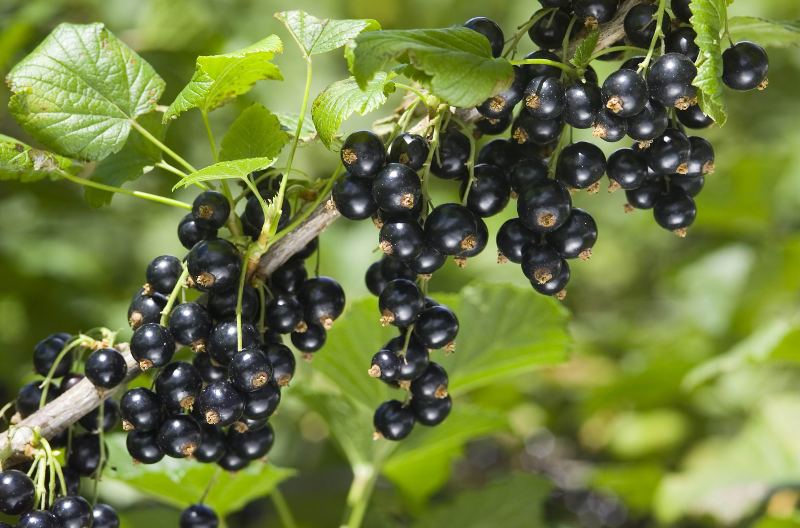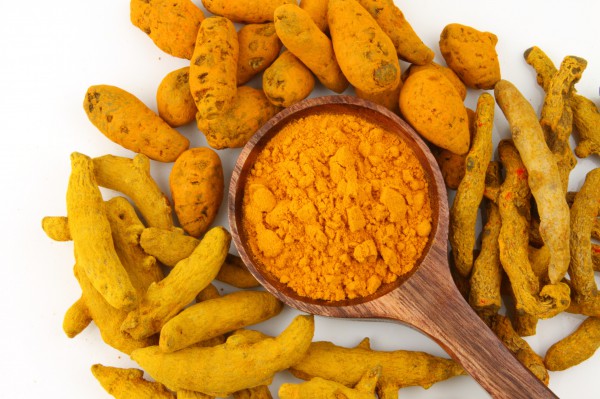Blackcurrant Fruit Provides Brain Health Benefits
Scientists from Plant & Food Research in New Zealand, in collaboration with Northumbria University in the United Kingdom, assessed the effects of blackcurrants on cognitive health and found that the fruit improved attention and regulated mood.
 The study was conducted on 36 healthy participants aged 18 to 35 years old who consumed one of three drinks: a sugar and taste-matched placebo which did not contain blackcurrant, an anthocyanin-enriched New Zealand blackcurrant extract (Delcyan™), or a cold-pressed juice from the New Zealand blackcurrant variety called ‘Blackadder’. After consuming 250ml of their assigned drink, the participants underwent mental performance tests and a blood test.
The study was conducted on 36 healthy participants aged 18 to 35 years old who consumed one of three drinks: a sugar and taste-matched placebo which did not contain blackcurrant, an anthocyanin-enriched New Zealand blackcurrant extract (Delcyan™), or a cold-pressed juice from the New Zealand blackcurrant variety called ‘Blackadder’. After consuming 250ml of their assigned drink, the participants underwent mental performance tests and a blood test.
Results showed that both of the blackcurrant juices improved attention and mood and reduced mental fatigue. Blood tests also revealed that the blackcurrant juice decreased the activity of the monoamine oxidase enzyme (MAO), a family of enzymes that break down serotonin and dopamine in the brain.
Chemicals that inhibit the activity of MAO enzymes are often used to treat depression and other mood disorders such as stress and anxiety. They also work as treatments for neurodegenerative symptoms of Parkinson’s disease. Parkinson’s occurs when neurons in the area of the brain controlling movement die and produce less dopamine, which contributes to the physical motor symptoms. Chemicals that can inhibit MAO enzymes prolong the effects of dopamine by preventing its breakdown and may also prevent the removal of dopamine between nerve cells, all of which help to combat symptoms of Parkinson’s.
Previous research on berries has found a multitude of benefits, including the slowing of cognitive decline associated with aging. Blueberries, in particular, have been proven to promote heart health, thereby increasing blood flow to the brain to boost cognitive health. Try incorporating some berries into your next smoothie along with a nutrient-rich, varied diet and a regimen of light physical activity for a brain-health boost.
Sources
http://www.plantandfood.co.nz/page/news/media-release/story/nz-blackcurrants-good-for-brain/
http://www.sciencedirect.com/science/article/pii/S1756464615002893
https://en.wikipedia.org/wiki/Monoamine_oxidase_inhibitor
http://www.webmd.com/parkinsons-disease/selegiline-for-parkinsons-disease




